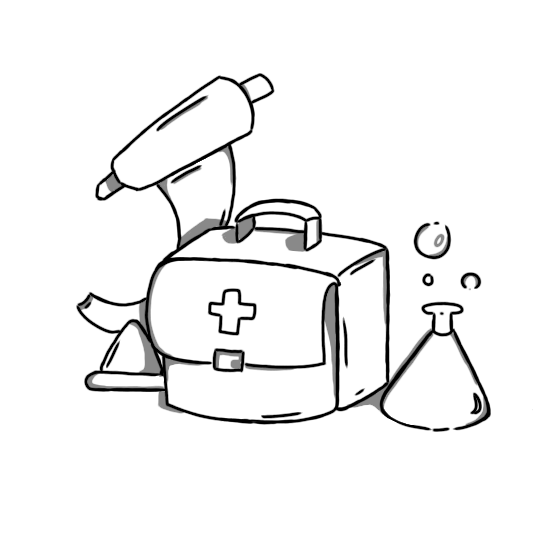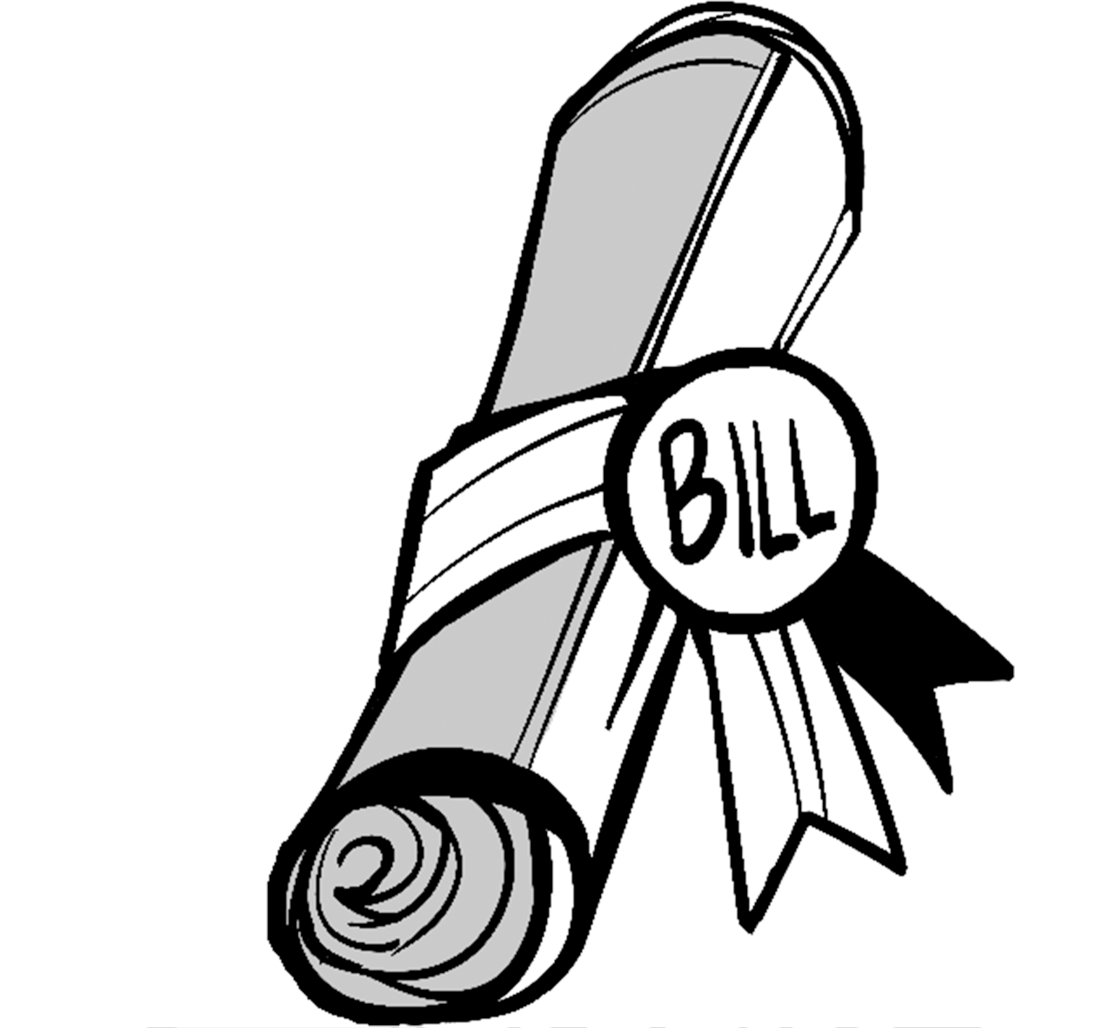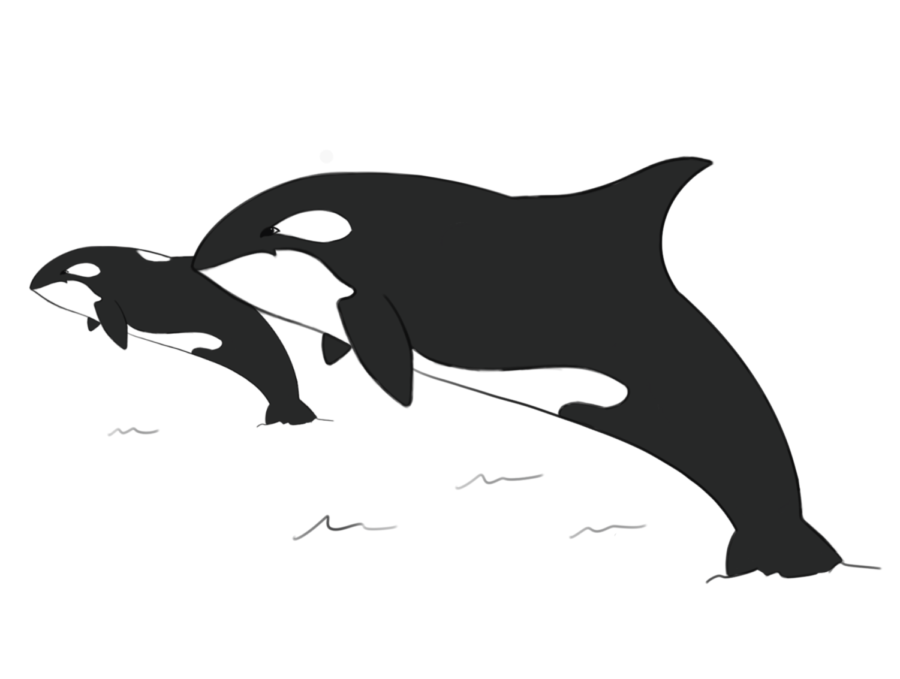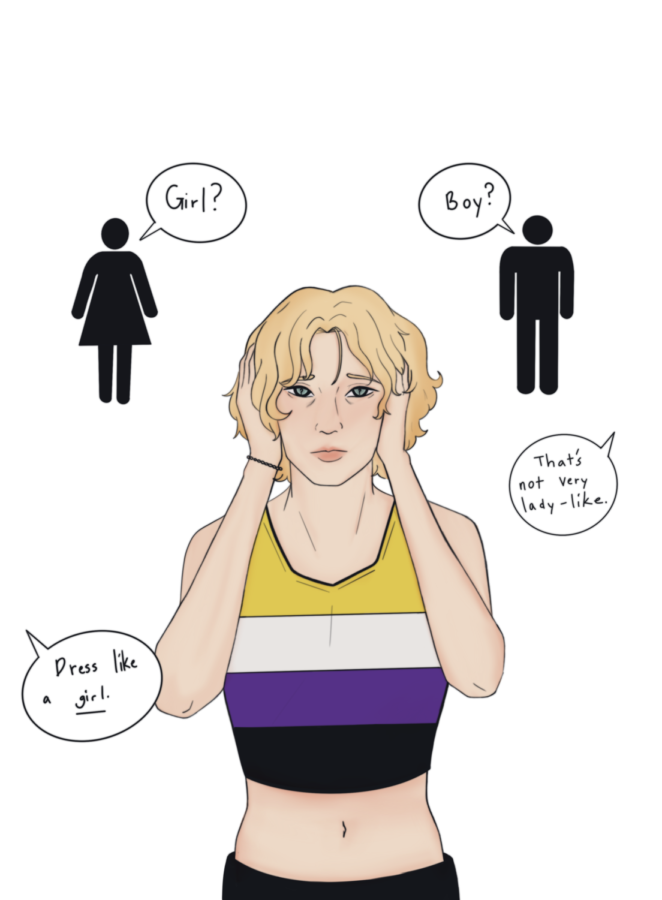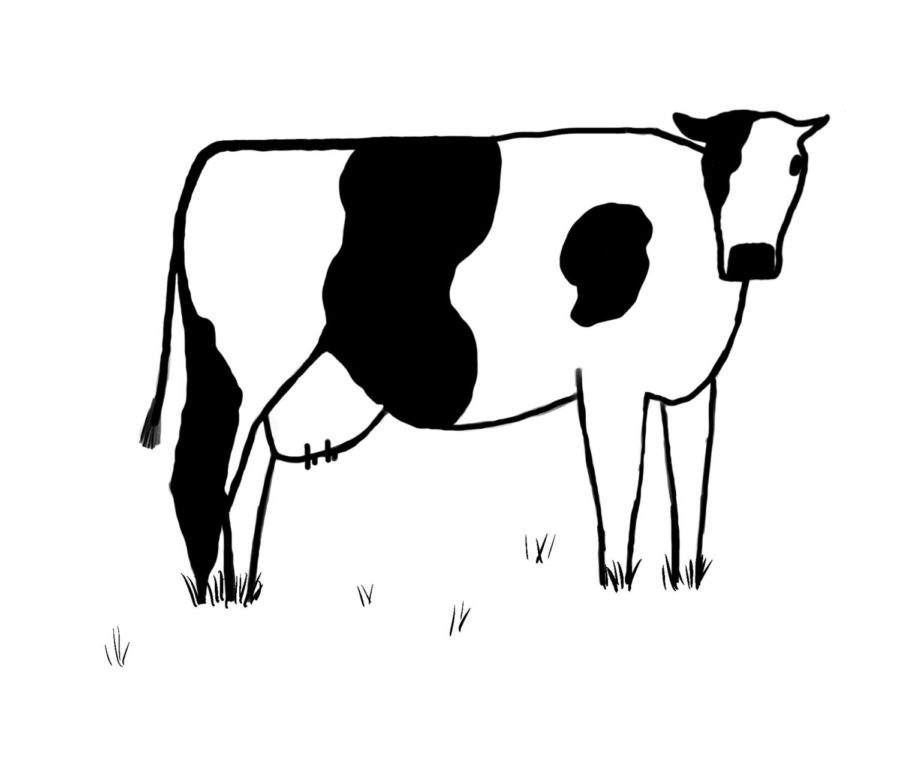Most people don’t know that humans begin yawning at 11 weeks after conception, or that when one person yawns in a group, half of the rest will yawn within five minutes: Yawning is an involuntary action that has not been researched much.
However, there are quite a lot of theories on why people yawn as well as why it may seem contagious. One of the most accepted theories is found in medical textbooks, and says that humans yawn because of the lack of oxygen in the lungs. When we are at rest or bored, we use only a small percentage of the lungs’ capacity, only using the alveoli, air sacs at the bottom of the lungs. Without fresh air, the alveoli would partially collapse and the lungs would stiffen. It is therefore believed that the brain is prompted to induce a yawn to attain fresh air. This could explain why in large groups, people would yawn more. It is a result of drawing in more oxygen to get rid of the excess of carbon dioxide produced by the group.
Robert Provine, a psychologist and leading expert on yawning, found that increasing the oxygen or decreasing the carbon dioxide levels in the environment did not prevent yawning. Not only that, but fetuses yawning 11 weeks after conception do not have working lungs yet, so this contradicts the most accepted theory.
Another theory is that we yawn as a result of the increase in brain temperature. The brain is like a computer, and it needs to be cooled down from time to time. In an experiment, scientists exposed parakeets, which have large brains, to three different conditions: a hot temperature, a moderate temperature, and an increasing temperature. The result was that parakeets yawned much more as the scientists increased the temperature than compared to the hot environment and the moderate environment. This could explain why we yawn when we are exhausted or sleep deprived, because when we are tired, our brain temperature increases and prompts for a yawn to cool down. Also, pressing a warm towel against the head would prompt a yawn more than pressing a cold towel against the head according to a research study from 2007.
Some believe that by yawning you are connecting with others emotionally. In studies, it has shown that yawning is related to empathy. Neurologists have found that contagious yawning is associated with the same parts of the brain that links to empathy through brain imaging. Furthermore, Dr. Atsushi Senju, a cognitive researcher, did an experiment where he placed 48 kids, ages ranging from seven to 15 years old, in a room with a television. Of these 48 kids, 24 of them are diagnosed with autism, which is a disorder that makes it hard for people to connect and feel empathy. Inside the room, the television would show clips of people yawning as well as just opening their mouths. In this study, the kids with autism lacked the response to both kinds of clips but kids without the disorder yawned more. This means that contagious yawning is linked to empathy, and as Dr. Senju said, “Yawning is based on the capacity for empathy.”








